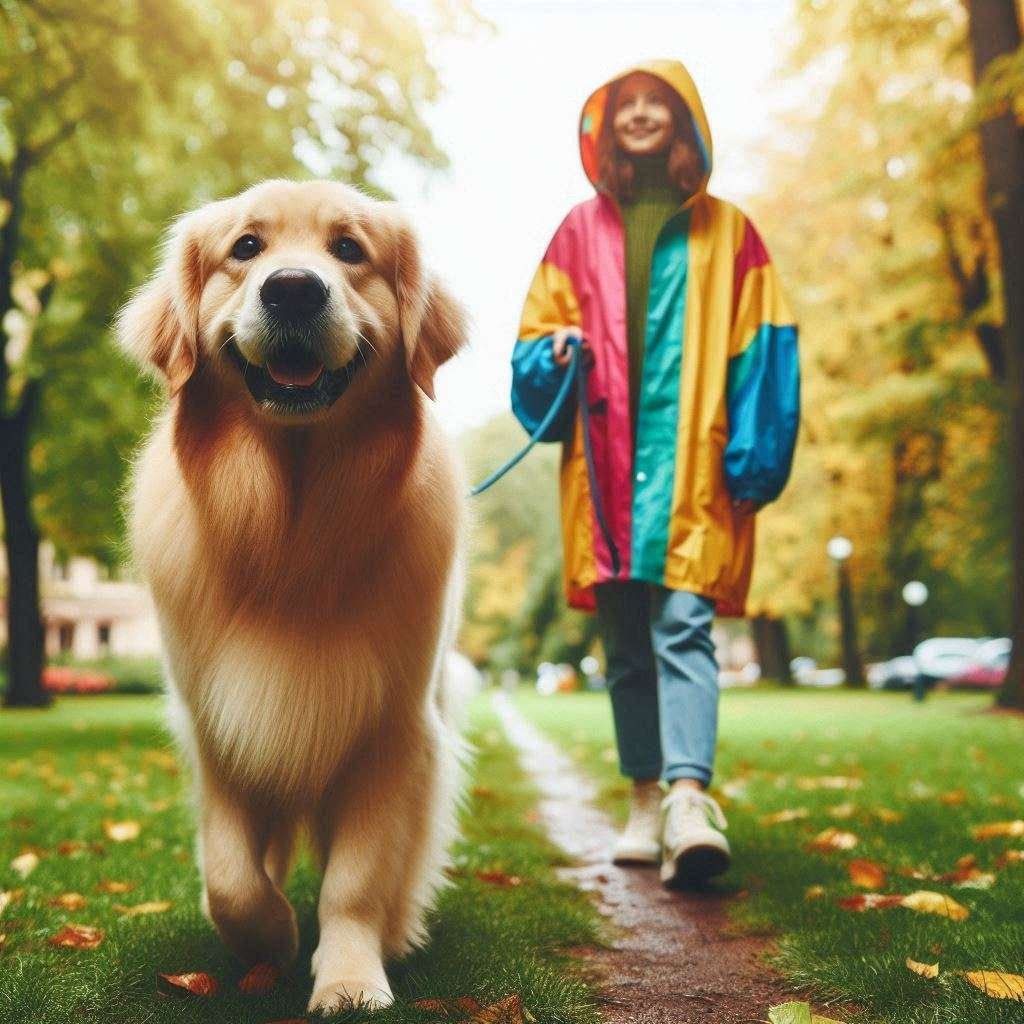Why do Dogs eat soil? is a common habit that puzzles many pet owners. This article will look into why dogs do this. We’ll cover the reasons, risks, and how to stop it.
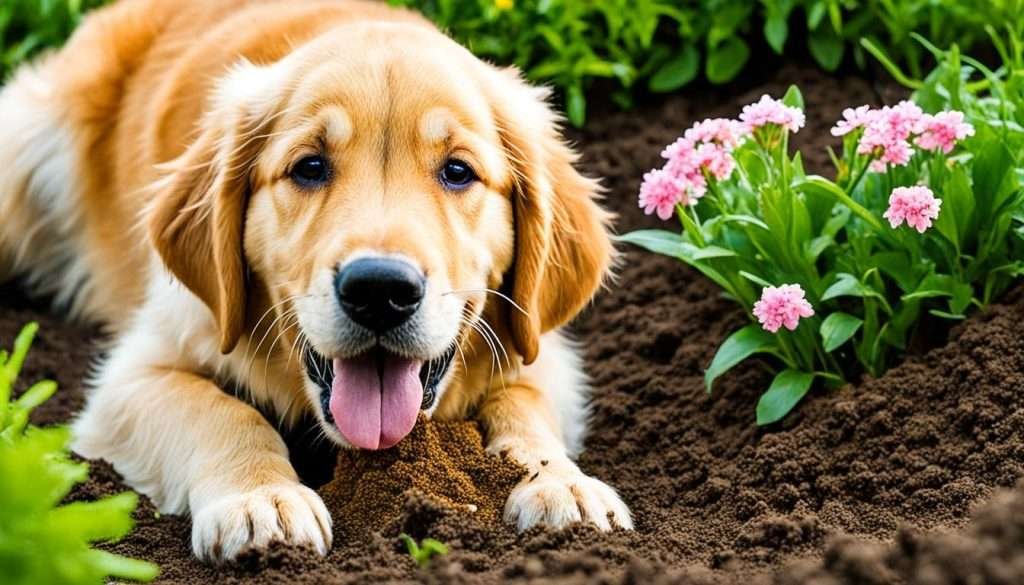
Key Takeaways
- Dietary pica, or the consumption of non-food items, is a common behavior in dogs.
- Potential causes include nutritional deficiencies, gastrointestinal issues, boredom, and anxiety.
- Soil consumption can pose risks, such as intestinal blockages, toxicity, and parasites.
- Understanding the underlying reasons for the behavior is crucial in addressing the issue.
- Consulting with a veterinarian is recommended to determine the appropriate course of action.
Understanding Canine Dietary Pica
Pica is a puzzling behavior in dogs where they eat non-food items like soil. This behavior, known as canine dietary pica, can be harmful to our pets. It’s important for pet owners to understand why dogs do this and the risks it brings.
What is Pica in Dogs?
Pica means eating non-nutritive substances, like dirt, rocks, or paper. Dogs often eat soil or dirt. This can happen for many reasons, such as not getting enough nutrients, having stomach problems, or feeling bored or anxious.
Potential Risks of Soil Ingestion
Eating soil can be dangerous for dogs. It can cause vomiting, diarrhea, or blockages in the intestines. Soil may also have harmful things like pesticides, heavy metals, or parasites that can hurt a dog’s health.
Soil can also lead to nutritional problems. Eating non-food items can make it hard for dogs to get the nutrients they need. This can cause weak immune systems, slow growth, and other health issues.
“Pica in dogs is a concerning behavior that requires prompt attention and veterinary guidance to address the underlying causes and mitigate the associated health risks.”
Understanding canine dietary pica is key to helping our pets. By knowing what triggers this behavior, we can help our dogs stay healthy and happy.
Nutritional Deficiencies: A Possible Cause
Dogs may eat soil because they lack nutritional deficiencies. They might be looking for essential minerals and nutrients not found in their food. This leads them to eat soil to get what they need.
There are many reasons why dogs might not get enough nutrients. These include bad diets, stomach problems, or health issues. Without the right minerals and nutrients, dogs might start eating things they shouldn’t, like soil.
| Nutrient | Potential Deficiency Symptoms |
|---|---|
| Iron | Anemia, fatigue, weakness, pale gums |
| Calcium | Bone and teeth problems, muscle cramps, seizures |
| Zinc | Poor wound healing, skin and coat issues, appetite loss |
| Phosphorus | Weak bones, muscle and nerve function issues |
If a dog doesn’t get enough minerals and nutrients, they might eat soil to make up for it. But, this can cause more problems like blockages in the intestines or poisoning from the soil.
“Understanding the underlying causes of soil consumption in dogs is crucial for providing the appropriate treatment and prevention strategies.”
Vets can help by fixing nutritional deficiencies with a balanced diet or supplements. This can stop dogs from eating soil and keep them healthy.
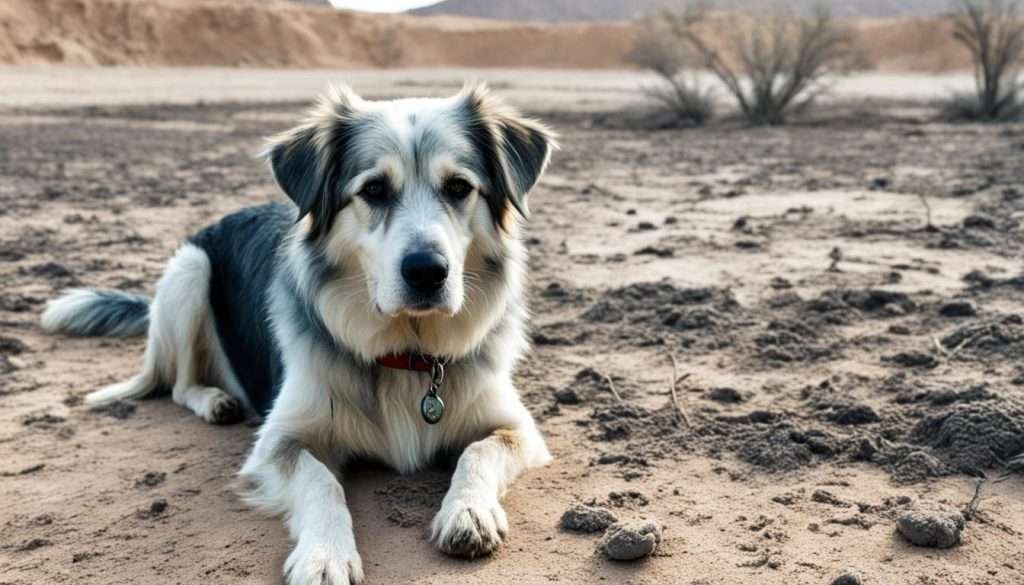
Gastrointestinal Issues and Soil Consumption
Dogs with stomach problems like chronic upset, nausea, or vomiting might eat soil. They might be trying to ease their discomfort or satisfy a craving for something that feels better.
Some dogs eat soil because they have ongoing stomach issues. Conditions like inflammatory bowel disease, irritable bowel syndrome, or food allergies can cause these problems. These issues make dogs seek relief by eating soil.
Soil might have minerals or compounds that dogs need. This can make them want to eat it a lot. This behavior is called pica. It could mean there’s a bigger health issue that needs a vet’s help.
| Gastrointestinal Condition | Potential Symptoms | Link to Soil Consumption |
|---|---|---|
| Inflammatory Bowel Disease (IBD) | Nausea, vomiting, diarrhea, weight loss | Soil consumption may provide temporary relief from GI discomfort |
| Irritable Bowel Syndrome (IBS) | Nausea, vomiting, abdominal pain, diarrhea | Soil consumption may be an attempt to soothe IBS symptoms |
| Food Allergies | Digestive problems, skin irritation, ear infections | Soil consumption may provide a distraction from GI discomfort |
If your dog keeps eating soil and has stomach problems, see a vet. They can find out why and help fix it. This can stop your dog from eating soil to feel better.
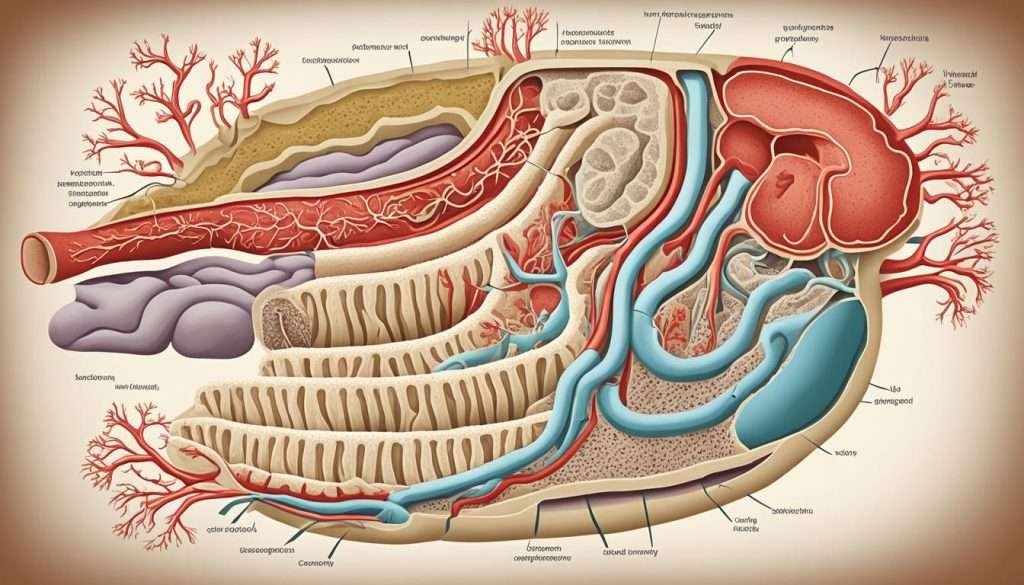
Boredom and Anxiety: Behavioral Factors
Dogs may eat soil due to boredom or anxiety. They might do this to relieve stress, find something to do, or get attention from their owners.
When dogs are bored or lack mental stimulation, they might start eating things they shouldn’t. Eating soil can help them feel better or satisfied. For anxious dogs, eating soil can be a way to calm down and cope with their feelings.
Some dogs eat soil to get attention from their owners. They learn that eating dirt makes their owners react, so they keep doing it. This can be a way for them to get negative attention.
To stop this, dogs need lots of physical and mental activities. This includes exercise, playtime, and toys that keep them busy. Positive reinforcement training can also help them focus on better behaviors. If a dog is anxious, they might need help from a professional to get better.
“Addressing the underlying causes of boredom and anxiety is crucial in preventing and managing soil consumption in dogs.”
By knowing why dogs eat soil, owners can help them stop. This can make dogs happier and healthier.
Investigating Soil Components
The makeup of the soil could be key to why dogs eat it. Dogs find certain minerals and nutrients in the soil very tempting, especially if they’re missing from their diet. By looking into the soil’s makeup, we can understand why dogs do this and maybe find ways to stop it.
Soil is full of organic matter, minerals, and other substances. It has important elements like calcium, iron, zinc, and magnesium. If a dog’s diet is low in these, they might eat soil to get what they need. This is common in dogs with diet problems or imbalances.
By testing the soil where dogs eat it, vets and researchers can see what draws the dogs in. This info helps them change the dog’s diet. Giving the dog the right minerals and nutrients through food might stop them from eating soil.
